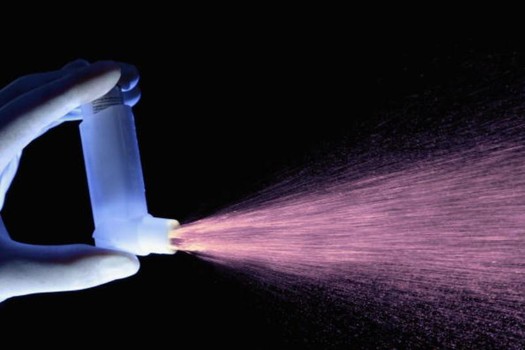A new study from the Netherlands suggests that toddlers who share a bad with their parents may be at an increased risk of developing asthma by age 6.
Researchers followed 6,160 mothers and their children in Rotterdam, the Netherlands using questionnaires to gather information the kids’ wheezing and asthma symptoms from the age of 1 to 6 years. In addition, they looked at the sleeping patterns of the children from the ages of 2 to 24 months.
Findings showed no link between 2-month-olds sharing a bed with their parents and asthma symptoms later in life. However, 2-year-old children who bed-shared appeared to be more likely to develop wheezing symptoms and be diagnosed with asthma at ages 3 to 6.
“The current study shows that there is an association between toddlers who share a bed with their parents at the age of 2 years and wheezing and asthma later in life,” the study’s first author Dr. Maartje Luijk, assistant professor at Erasmus University in Rotterdam, said in a news release.
The researchers, however, suggested that the finding could stem from concerned parents who allow their children into their beds so they can monitor signs of wheezing. Still, they cautioned that they could not confirm this theory because toddlers who wheezed as infants were not more likely to bed-share at the age of 2 than toddlers who had not wheezed in infancy.
Luijk also admitted that their study suggests a link between asthma and bed-sharing, but does not provide causal evidence. “There could be a number of factors at play here,” she said.
According to Luijk, such factors might include the fact that bed-sharing families might be more likely to report wheezing because they are more aware of their children’s breathing. “Alternatively, families might perceive wheezing as problematic and as something that could lead to sleep problems, which might in turn elicit bed-sharing to better monitor these problems,” she explained.
The researchers concluded that further research was needed to identify factors that affect the asthma through bed-sharing.








